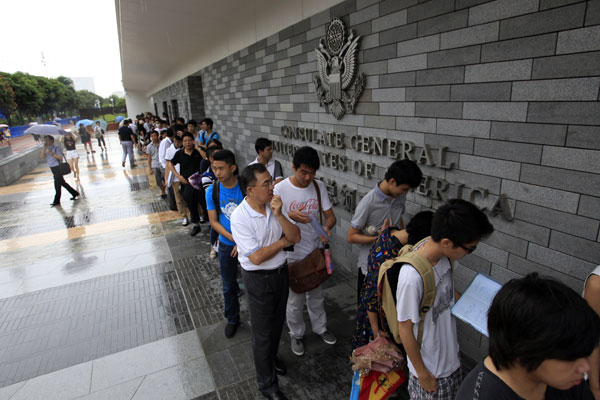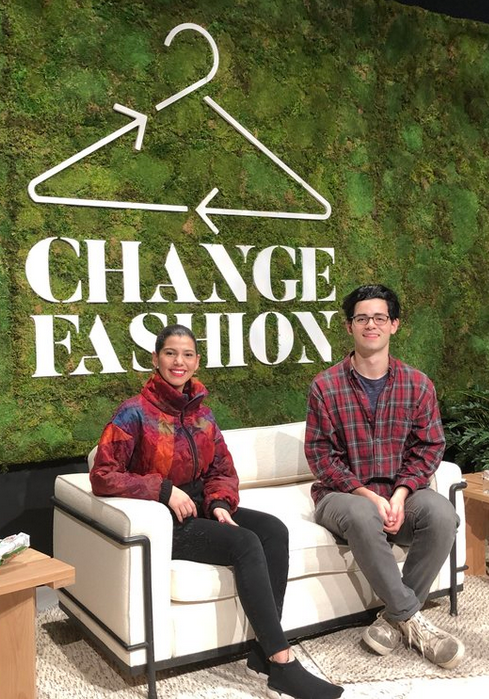High school students at the Urban School of San Francisco conduct and film interviews with Bay Area (San Francisco, California) Holocaust survivors in their homes. Students then transcribe each 2-plus hour interview, create hundreds of movie files associated with each transcript, and then post the full-text, full-video interviews on this public website as a service to a world-wide audience interested in Holocaust studies.
This is the story about Dr. Dora Apsan Sorell.
I am Dora Apsan Sorell. I was born in Sighet, Romania, 1921, September 2nd. I spent all my pre-war years there in my hometown. I was taken to Auschwitz in 1944 together with the Hungarian transports. I was one year in Auschwitz and in a second camp, Weisswasser. I was liberated two days before the end of the war. I returned to Romania and I married and went to medical school. We got stuck in the communist regime for about 16 years, before we could come out and meet my remaining brothers who were outside during the war. I have three children and seven grandchildren. I am a physician and I am retired. I moved to California about eleven years ago to be with children and grandchildren.
Why are you telling your story?
I am telling my story because some of my past has an importance to the present generation. It would not have been so important if I wouldn't have lived through the Holocaust, but the Holocaust was such a trauma to the family and to my future, and if the new generations would know, I think there is a way to learn the lesson and to prevent another genocide.
What is your first childhood memory?
My first childhood memory is when I went to heder with my boys—with my brothers, I had seven brothers—they all went to heder and they sent me too. I must have been four or five years old. There was this Hebrew class, an old teacher, it was dark, it was a long table, many many children. And in the back yard he had some doves. I was a very curious girl, and I wanted to see what he had there and I opened it and the doves flew out. That rabbi, melamed, was so mad, he slapped me. I was very upset about it. When I came home, my mother and father they had company, my aunt—one of my aunts came to introduce her fiancé. I was so upset I couldn't talk to them. That's about all.
What is heder?
A heder is a Hebrew school where the children went to learn from a melamed. Hebrew—and it was not the modern Hebrew, it was Lushen Kodesh this is how they call this. There were prayers and the history. When the boys became six—seven years old, it was parallel, half a day they spent in that heder and half a day in the official school. And because everybody was a boy in my family, they sent me also to heder. Apparently I was a very good student there.
Were there not many girls there?
Almost none at all.
Can you describe your home to us?
My hometown—it was Sighet—is in the northern part of Romania, and it was bordered with Czechoslovakia. It was a frontier town, very close, we could go cross the bridge and have a pass and everybody would to go to Czechoslovakia to do shopping. It was a town with about 30,000 people, and they were equally divided between Romanians, Hungarians, and Jews. Actually there were 12,000 Jews in this town. It was a very Jewish town. I wouldn't say shtetl because it was not a village. It was a town with many, many cultural activities and even a theater and movie house. The Jewish life was extremely traditional. There were many, many synagogues of many denominations and there lots of shuls, little praying places in private homes. Everybody was observant. I would say that my father, he was part of one Hasidic sect called the Vishnitzer sect. They were a little bit more modern—the Vishnitzer rabbi was in another town, also in that part of Romania—and he was a little bit more enlightened in the sense. He also went to Yeshiva—my father—and in the Yeshiva he learned Hungarian and he learned German and a little accounting. After the First World War he first had a grain store. I don't think it went well, the grain store. Then he became an insurance agent to an Austrian company. Is this okay what I'm saying? He read a lot and he was very proficient in Hungarian and in German. Our town had many schools, had many organizations. I remember how I attended many Zionist organizations. There was a time when I was with Mizrachi and then latter with the Aviva Barisia. That was where we learned a little Zionism and the history of Zionism and we learned about Palestine. And we had our own entertainment there—we met boys.
Source: http://tellingstories.org/holocaust/dsorell/index.html
`














